The Middle Eastern car culture is synonymous with luxury, showcasing a unique blend of opulence and passion for automobiles. This region’s affinity for high-end vehicles is not only a reflection of wealth but also a celebration of status and technological innovation. Through luxury cars, Middle Eastern enthusiasts express their identity and cultural pride.
The Historical Roots of Car Culture in the Middle East
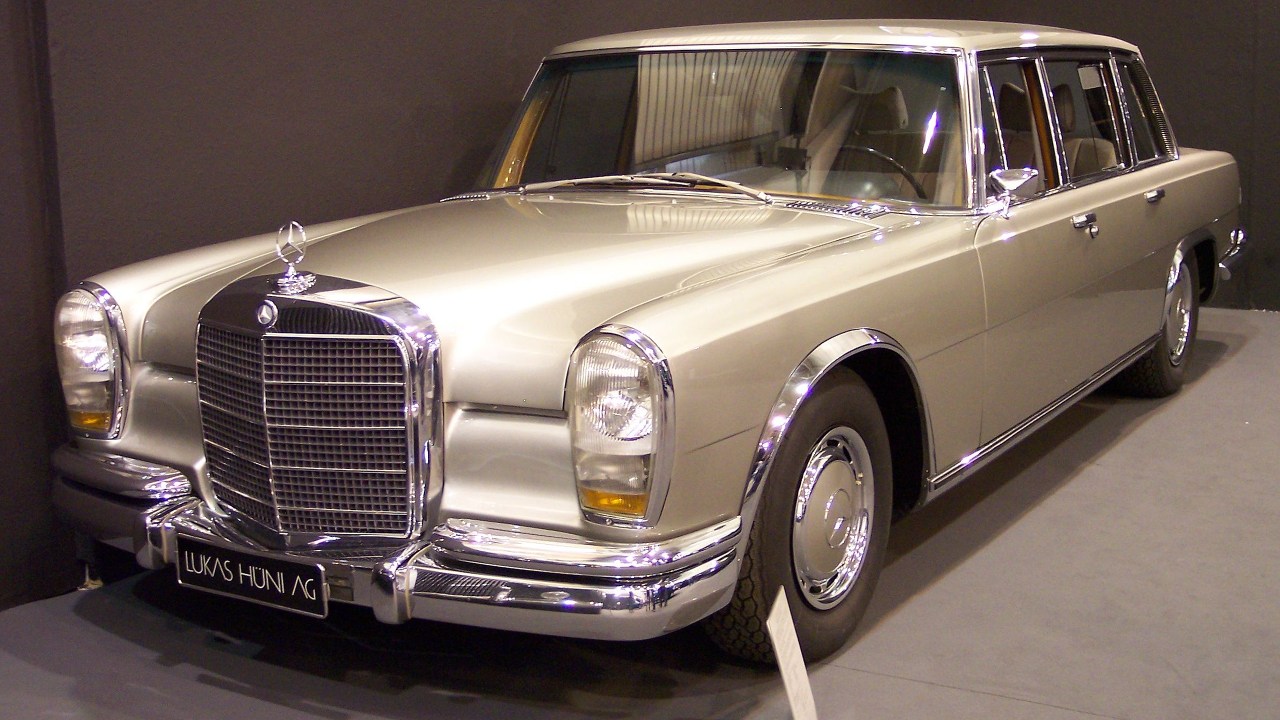
The Middle East’s relationship with automobiles dates back to the early 20th century, when the first cars arrived in the region. The discovery of oil significantly accelerated car ownership, as newfound wealth allowed for the importation of luxury vehicles. This economic boom enabled the affluent to indulge in high-end cars, setting a precedent for the region’s enduring love affair with luxury automobiles.
Royal families and wealthy individuals have played a pivotal role in promoting luxury car brands. Their patronage not only elevated the status of these vehicles but also encouraged international manufacturers to cater specifically to Middle Eastern tastes. The intersection of traditional values and modern aspirations is evident in the region’s automotive preferences, where cars are seen as symbols of both heritage and progress.
The Role of Luxury Car Brands
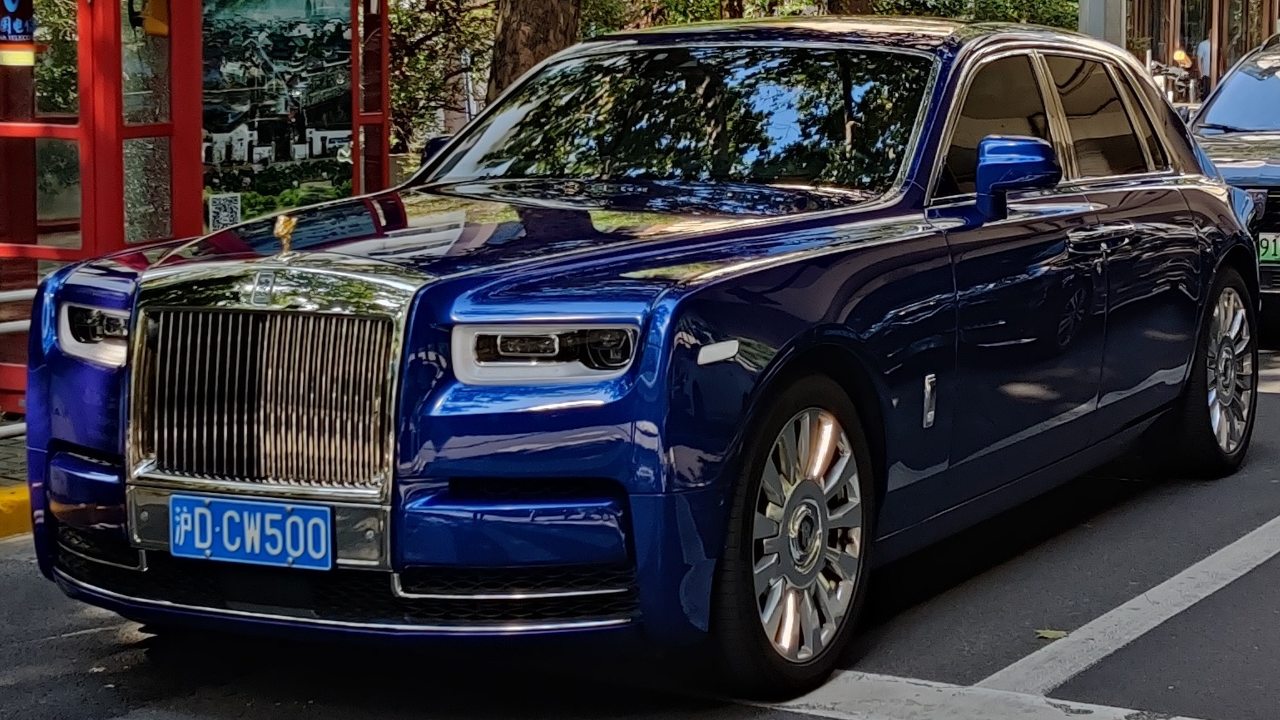
International luxury car brands have established a strong presence in the Middle Eastern market, recognizing the region’s potential for high sales volumes. Brands like Rolls-Royce, Bentley, and Ferrari have become synonymous with the Middle Eastern luxury car scene. These companies often collaborate with local designers and investors to create models that resonate with regional aesthetics and preferences.
Limited edition models and bespoke services are particularly popular among Middle Eastern clients, who seek exclusivity and personalization. For instance, Rolls-Royce offers bespoke customization options that allow clients to tailor every aspect of their vehicle, from the color of the leather to the type of wood used in the interior. This level of personalization reflects the desire for individuality and status among car enthusiasts in the region.
Car Shows and Events: A Display of Opulence
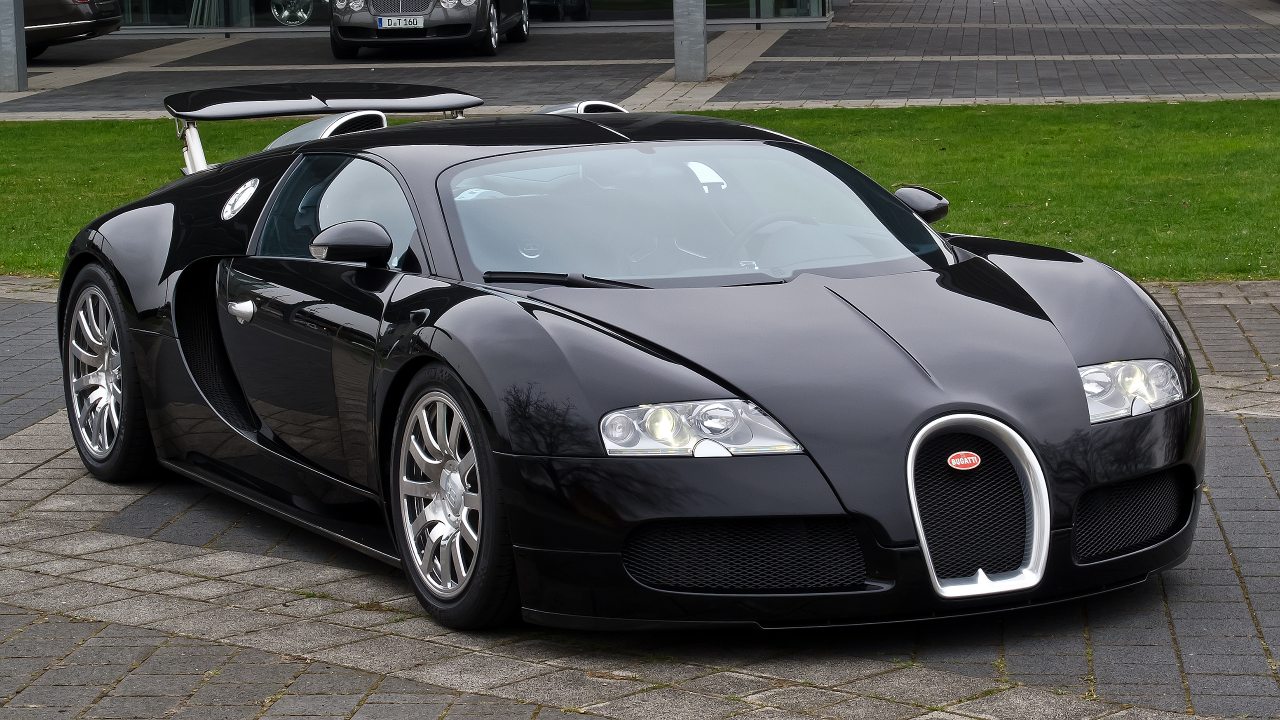
Car shows in the Middle East are grand affairs, attracting luxury vehicles from around the world. Events like the Dubai International Motor Show and the Qatar Motor Show serve as platforms for showcasing the latest in automotive luxury and innovation. These events are not just about displaying cars; they are cultural spectacles that highlight the region’s passion for opulence and style.
Luxury car parades and events are significant in the cultural and social contexts of the Middle East. They provide a space for enthusiasts and collectors to come together, share their passion, and celebrate their love for automobiles. These gatherings foster a sense of community and camaraderie among participants, reinforcing the social bonds that are integral to Middle Eastern culture.
Customization and Innovation in the Luxury Market
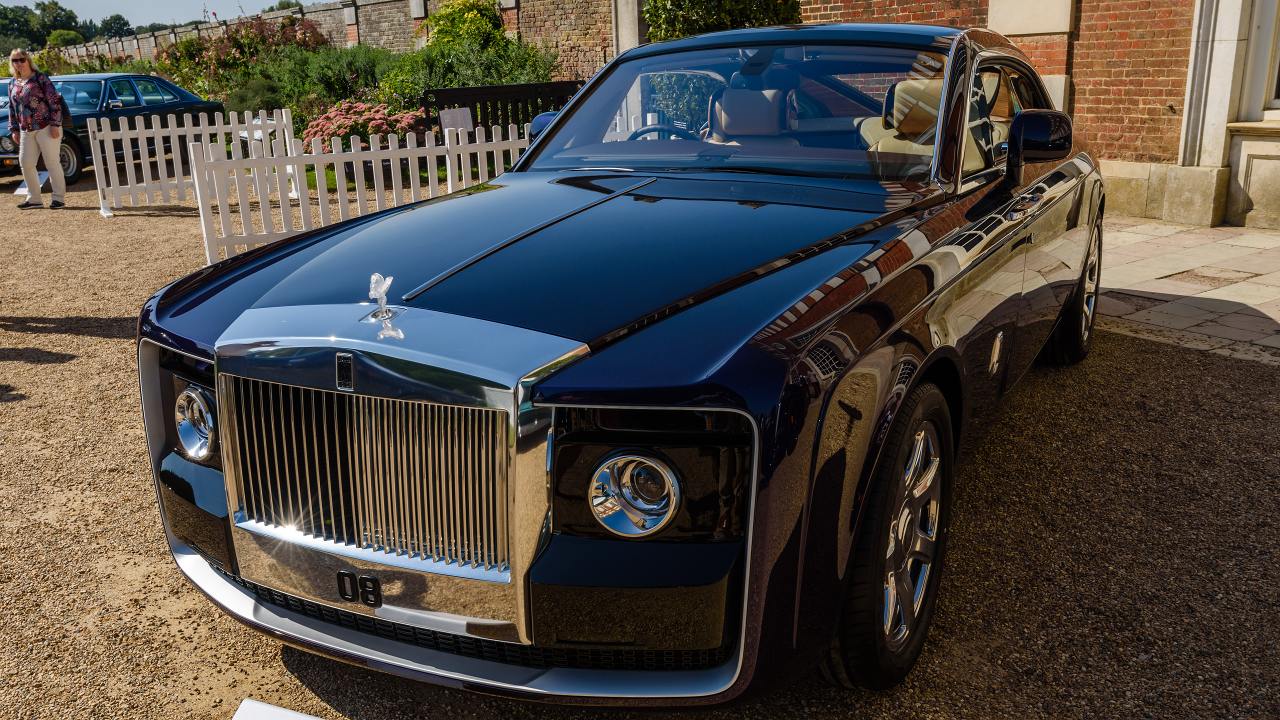
Customization is a key trend in the Middle Eastern luxury car market, where owners often modify their vehicles to reflect personal style and status. This trend is driven by a desire for uniqueness and the ability to stand out in a region where luxury cars are common. From custom paint jobs to intricate interior designs, the possibilities for personalization are endless.
Advanced technology and innovation play a significant role in the luxury cars popular in the region. Features such as autonomous driving capabilities, state-of-the-art infotainment systems, and cutting-edge safety technologies are highly sought after. Local artisans and craftsmen also contribute to the customization process, adding unique touches that enhance the vehicle’s exclusivity and appeal.
The Social and Economic Impact of Luxury Car Culture
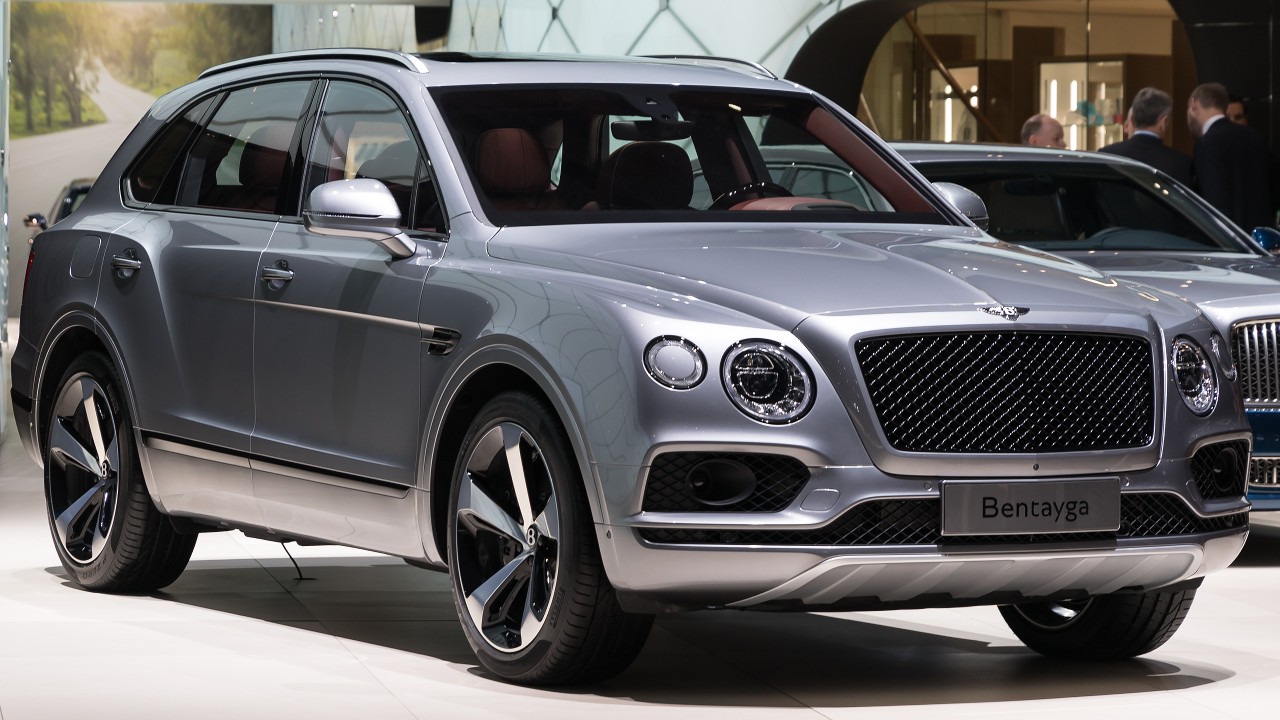
The luxury car culture in the Middle East has a substantial impact on the economy, contributing to tourism and business. High-profile car events attract visitors from around the world, boosting local economies and promoting the region as a hub for luxury and innovation. Additionally, the demand for luxury vehicles supports a range of industries, from manufacturing to hospitality.
In Middle Eastern societies, luxury vehicles are powerful symbols of social status and identity. Owning a high-end car is often seen as a reflection of success and prestige, reinforcing social hierarchies and cultural values. However, there is also a growing awareness of environmental considerations, with an increasing interest in sustainable luxury cars. Brands are responding by developing hybrid and electric models that cater to environmentally conscious consumers.
Like Fast Lane Only’s content? Be sure to follow us.
Here’s more from us:
*Created with AI assistance and editor review.

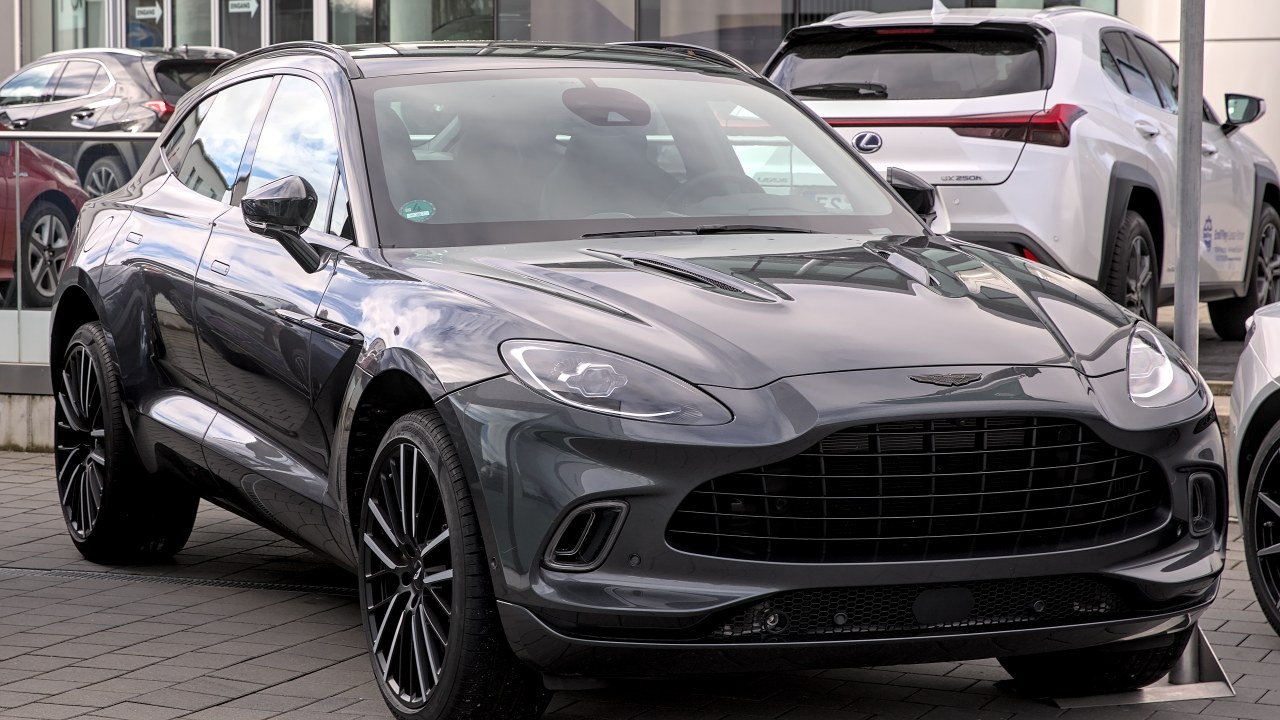

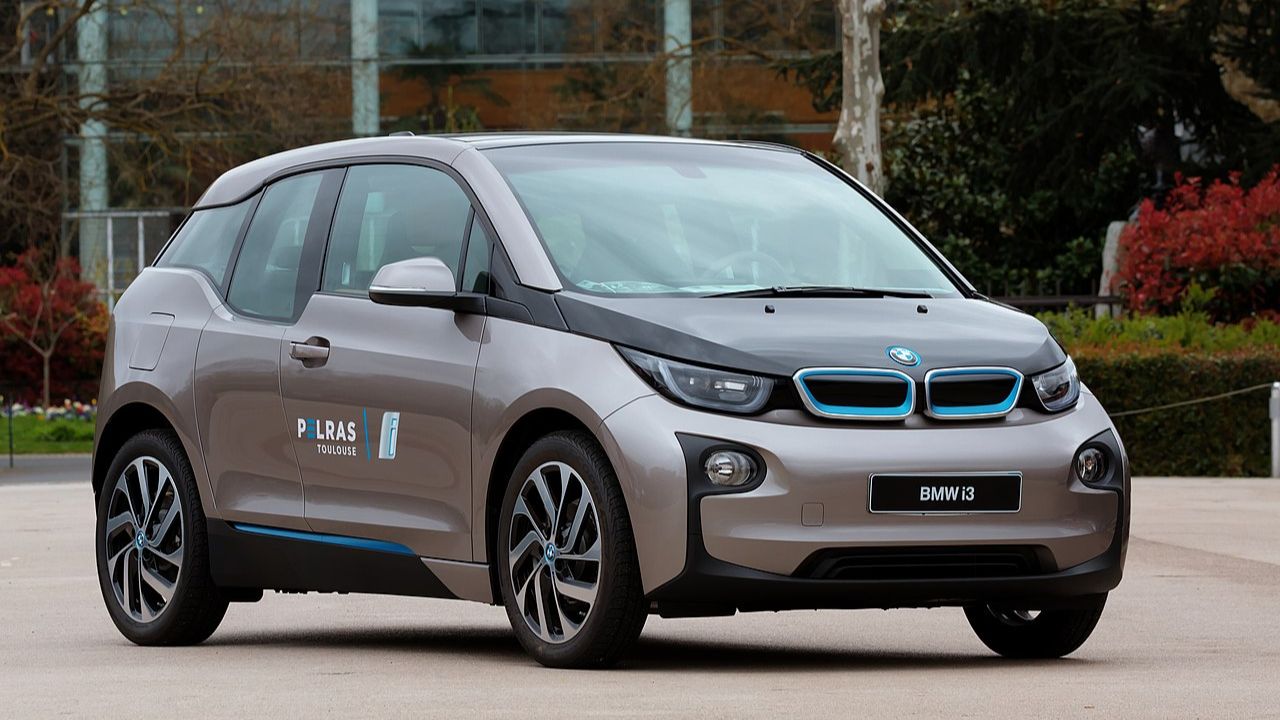
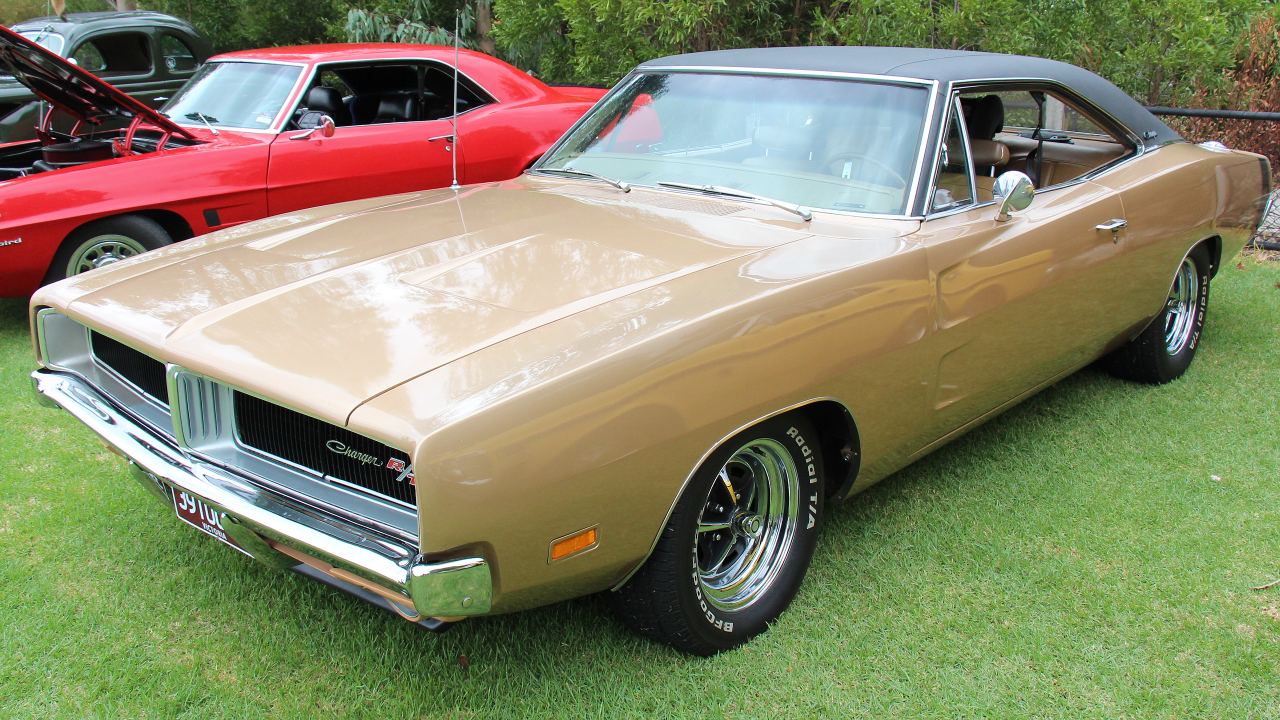
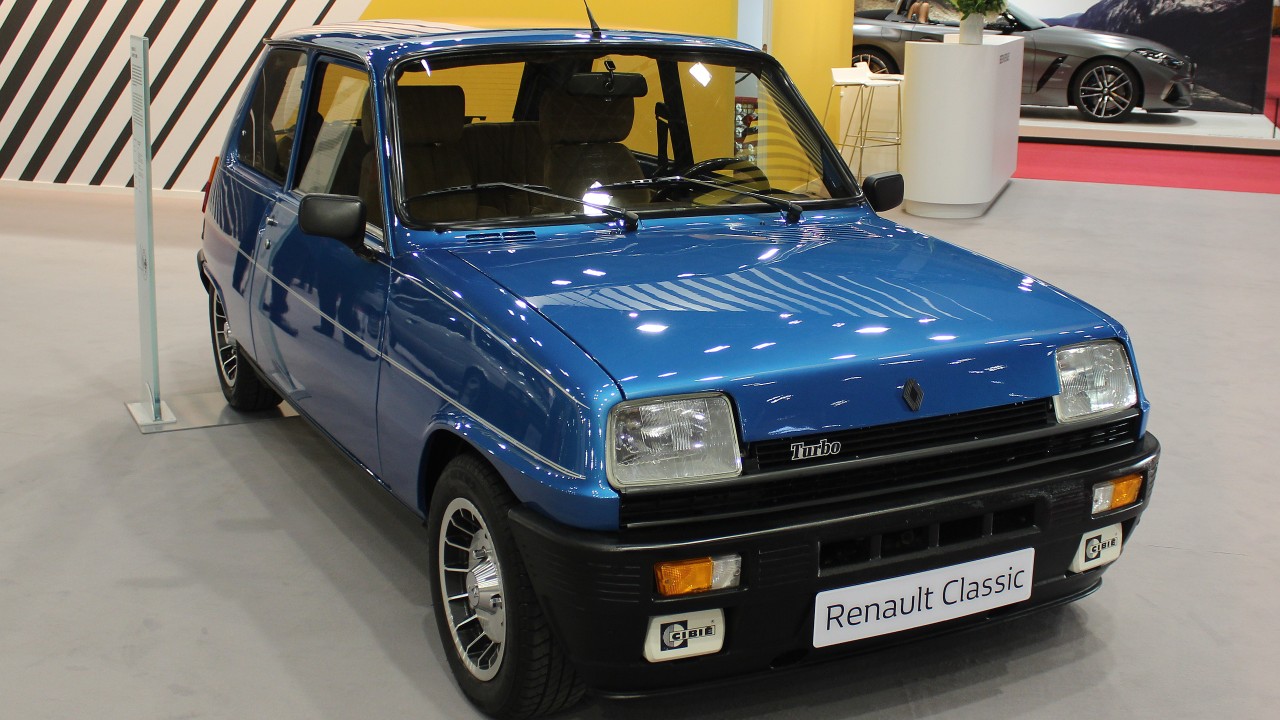
Leave a Reply